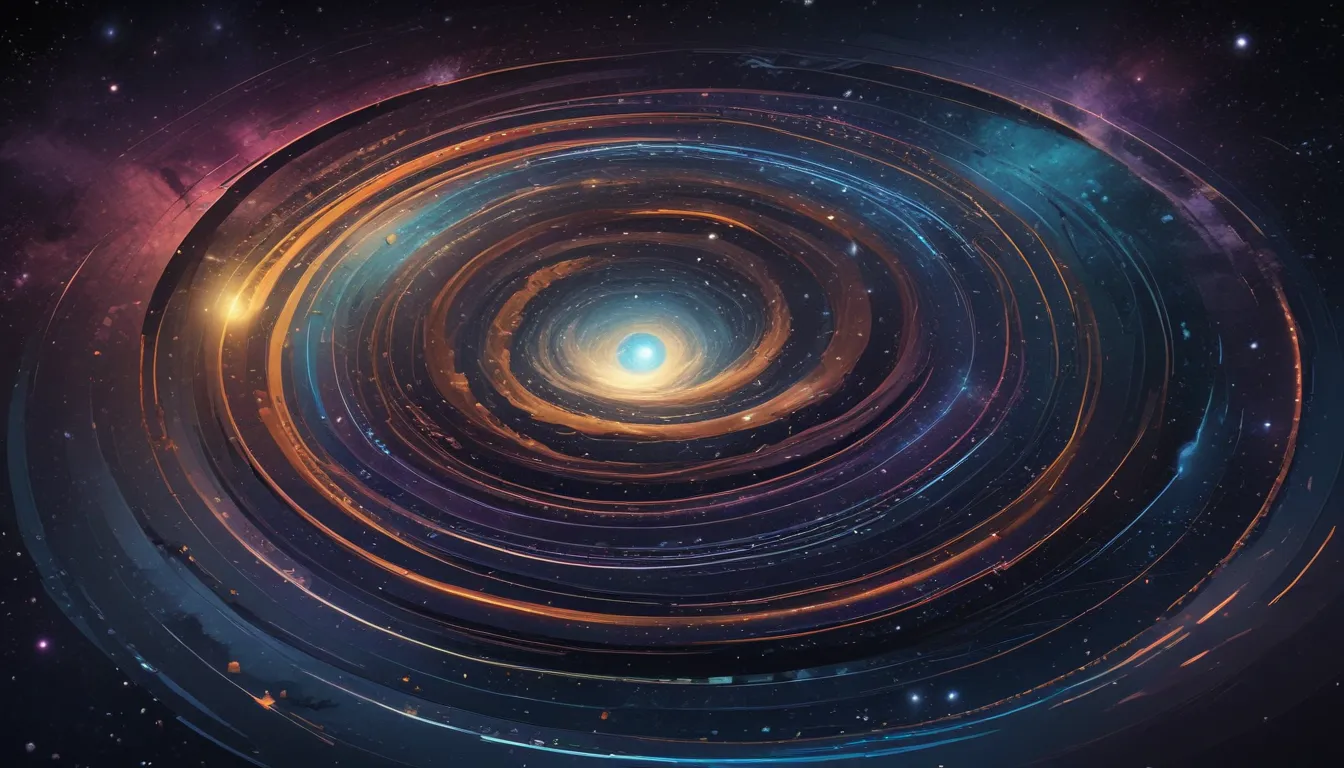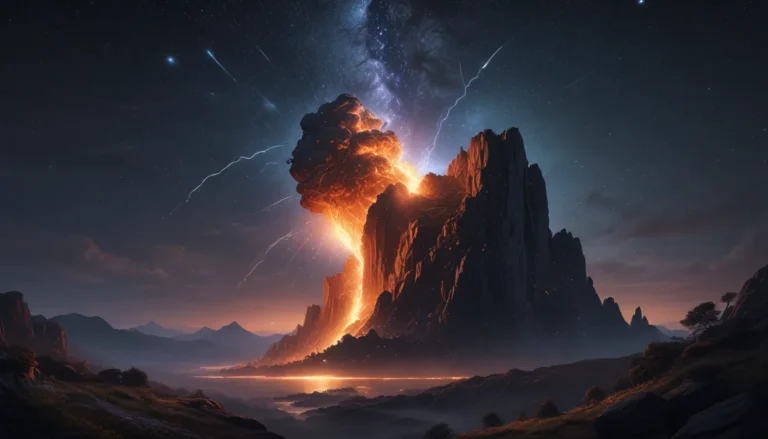The pictures we use in our articles might not show exactly what the words say. We choose these pictures to make you interested in reading more. The pictures work together with the words but don’t take their place. The words still tell you the important facts.
Have you ever wondered about the enigmatic concept of the cosmological constant and its implications for our understanding of the universe? Introduced by the iconic physicist Albert Einstein in 1917, the cosmological constant has intrigued scientists and cosmologists for over a century. Its role in shaping the expansion of the universe and its connection to dark energy continue to challenge our understanding of the cosmos.
The Cosmological Constant: A Fundamental Concept in Physics
The cosmological constant represents a constant energy density in space that influences the overall expansion of the universe. Denoted by the Greek letter λ (lambda), it is a key component in the field of cosmology, playing a crucial role in theories of general relativity.
Albert Einstein first proposed the cosmological constant in his theory of general relativity to account for the static nature of the universe. Initially thought to keep the universe in equilibrium, its significance evolved over time as new discoveries reshaped our understanding of the cosmos.
The Evolution of the Cosmological Constant: From Rejection to Revival
After the discovery of the expanding universe, the cosmological constant fell out of favor in the scientific community. Einstein himself referred to it as his "greatest blunder." However, with the groundbreaking revelation of dark energy in the late 1990s, the cosmological constant experienced a revival as a possible explanation for the accelerated expansion of the universe.
The cosmological constant is closely related to the concept of vacuum energy—energy inherent in empty space. This energy is believed to drive the expansion of the universe and influence its ultimate fate.
The Significance and Implications of the Cosmological Constant
The value of the cosmological constant holds significant implications for the fate of the universe. A positive value suggests continued expansion, while a negative value implies potential collapse. This constant is a critical component in the Lambda-CDM model, the prevailing cosmological model that describes the composition and evolution of the universe.
Despite being introduced over a century ago, the cosmological constant remains a topic of active research in cosmology. Scientists are still working to determine its precise value and unravel its mysteries.
Exploring Connections and Theories Surrounding the Cosmological Constant
Some theoretical models suggest that the cosmological constant may have implications for the existence of multiple universes within the multiverse, each with varying values of the constant. Additionally, theories proposing a connection between the cosmological constant and the Higgs field—responsible for giving particles mass—have sparked debate among scientists.
The presence of the cosmological constant directly impacts the rate of expansion of the universe. Understanding its precise value continues to challenge our current understanding of fundamental physics and drives ongoing exploration in the field of cosmology.
Unraveling the Mysteries of the Universe: The Role of the Cosmological Constant
The cosmological constant serves as a reminder of the profound complexity and awe-inspiring nature of our universe. Its connection to dark energy and its impact on the expansion of the cosmos highlight the ongoing quest for knowledge and understanding in the field of cosmology.
As we delve deeper into the mysteries of the cosmological constant and its implications for the universe, we are reminded of the boundless opportunities for discovery and exploration that lie ahead. Our journey to unravel the secrets of the cosmos is fueled by curiosity, dedication, and a commitment to expanding our knowledge of the world around us.
Conclusion: Embracing the Unknown
In conclusion, the cosmological constant stands as a testament to the continuous evolution and expansion of human knowledge and understanding. From its humble beginnings in Einstein's theory of general relativity to its role in shaping the fate of the universe, the cosmological constant remains a captivating and enigmatic concept in the field of cosmology.
As we continue to explore the mysteries of the universe, the cosmological constant serves as a beacon of curiosity and exploration, challenging us to question our existing theories and push the boundaries of human understanding. Let us embrace the unknown, delve into the depths of the cosmos, and unlock the secrets that await us in the vast expanse of the universe.
FAQs: Your Guide to Understanding the Cosmological Constant
-
What is the cosmological constant?
The cosmological constant is a term introduced by Albert Einstein in his theory of general relativity, representing a constant energy density that influences the expansion of the universe. -
How does the cosmological constant affect the universe?
The cosmological constant plays a critical role in determining the fate of the universe, influencing its expansion rate and driving its ultimate destiny. -
What is the connection between the cosmological constant and dark energy?
Dark energy, responsible for the accelerated expansion of the universe, is closely linked to the cosmological constant, suggesting a constant energy density in empty space that drives the universe's expansion. -
How was the cosmological constant discovered?
Initially proposed by Einstein to explain a static universe, the cosmological constant fell out of favor but was later revived as a key component in understanding the dynamics of the universe. -
What are the implications of the cosmological constant on our understanding of the universe?
The cosmological constant challenges our current understanding of fundamental physics, pushing scientists to unravel its mysteries and explore its profound implications for the nature of the cosmos.
Let us continue our journey of exploration and discovery, guided by the mysteries of the cosmological constant and driven by a relentless curiosity to unveil the secrets of the universe.






